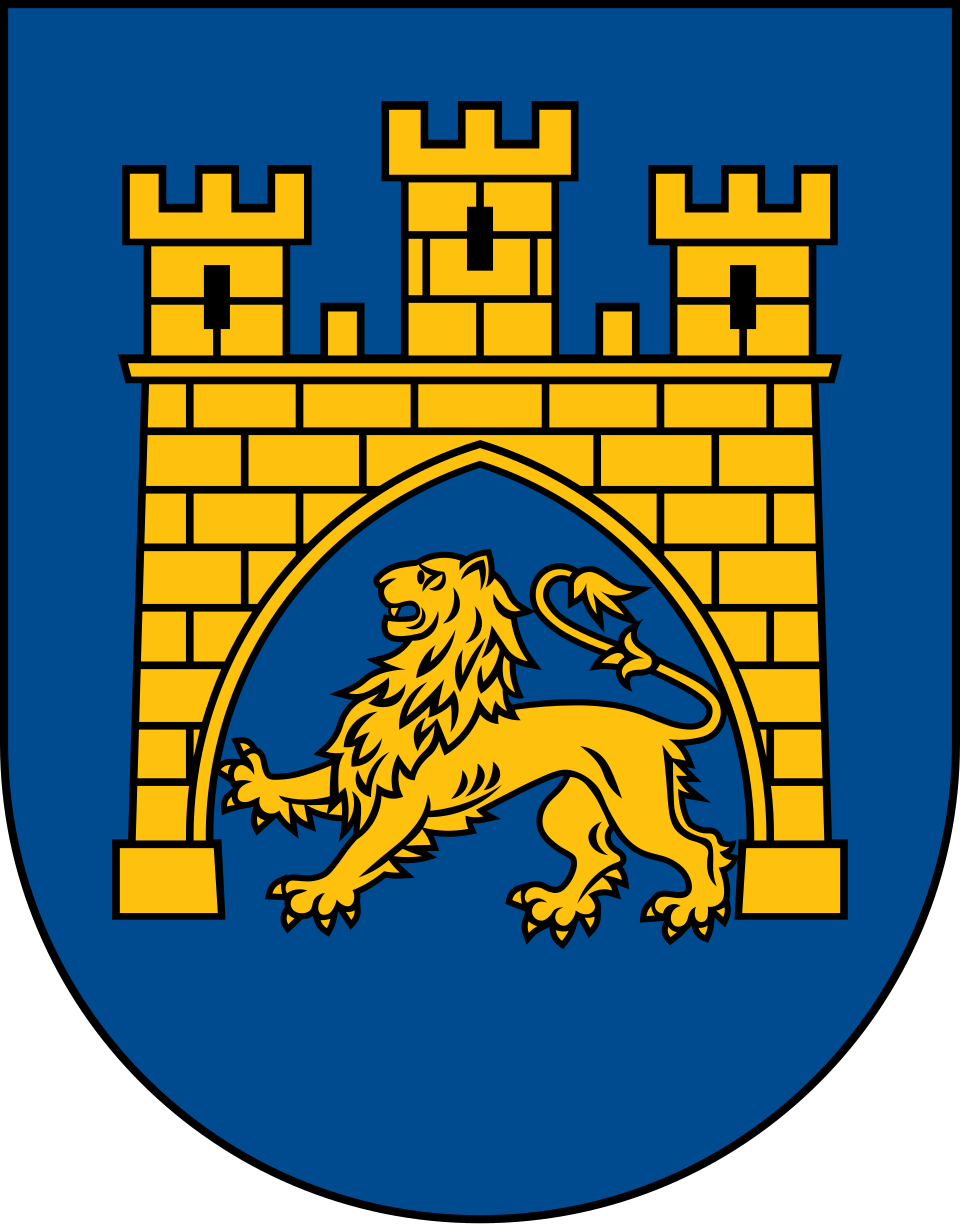Migration, Human Rights, and the Gender Perspective: A Political Imperative for Policy

Claudia Martínez
Coordinator of the Gender Equality Working Group of ORU Fogar
To speak of migration is to speak about lives, about journeys, about individual and collective projects that get in motion in search of dignity and a better future. Migrants are not numbers or flows; they are not goods that can be organised, imported or exported. They are women, men and ethnicities that cross borders carrying stories, knowledge and rights that must be recognised and protected.
Human mobility is one of the major social processes of our time, closely linked to structural inequalities, environmental crises, violence, and armed conflicts. But it also demonstrates the resilience of people—their capacity to reinvent themselves and to develop new approaches to community. In this context, it is unacceptable to reduce migration to a matter of security or demographic management. The only legitimate way to address it is through the full recognition of the human rights of those who migrate
Expulsion factors shaped by gender
It is crucial to recognize that gender inequality acts as a driver of displacement even before the migration process begins. Women are often the most affected by the adversities caused by climate degradation and climate change, which in many rural contexts translate into heavier care burdens and reduced access to productive resources. Domestic and community violence, along with restrictions on political and economic participation, drive thousands to leave their homes in search of safer environments. The lack of labor and educational opportunities—especially in societies where a strong sexual division of labor persists—limits their horizons and turns migration into both a survival strategy and a life project. This chain of inequalities makes it clear that gender-based vulnerability accompanies migrants from their places of origin to their destinations
The gender perspective as an obligation, not a debate
In this context, stating that migration policies must incorporate a gender perspective can no longer be presented as a desirable goal or a proposal under discussion. Today, it is a political and ethical obligation. Migrant women face all forms of violence: labor exploitation, sexual violence, and institutional discrimination in the host country. These instances of violence are not isolated cases; they are expressions of structural systems that perpetuate inequality.
Recognizing this reality requires that States assume the responsibility of designing policies that not only protect but also guarantee equal access to rights under conditions of dignity. Placing the burden of resilience on the shoulders of women and girls constitutes an additional injustice: this responsibility should rest not with them, but with the States and political institutions, which must respond to these needs with commitment, resources, and determination.
Intersectionality: Recognizing multiple forms of inequality
There is no single migrant woman’s experience. An indigenous woman migrating from a rural area faces different challenges than an urban middle-class woman; a transgender migrant is exposed to specific forms of violence shaped by the intersections of gender, sexual orientation, and origin. Migration cannot be analyzed or legislated from a homogeneous perspective: it requires policies that consider the intersectionality of gender, class, ethnicity, age, sexual orientation, and migratory status. Intersectionality is, therefore, an essential tool for designing fairer and more effective responses.
Good practices that illuminate the way
In this context, there are concrete experiences that show that a different approach to conducting migration policy is possible.The Secretariat for Women of the Province of Córdoba (Argentina) has created a Comprehensive Care Area for Migrant Women and Their Families, a pioneering space that recognizes migrant women as rights-bearing individuals and protagonists of their own stories. This area constitutes a State policy that reflects Córdoba’s sustained commitment to inclusion and the guarantee of rights. Among its core ideals of action Among its main lines of action are support in documentation procedures and residency processes, access to medical appointments and health check-ups, training and educational spaces aimed at promoting autonomy and integration, as well as recreational and cultural activities that strengthen the building of community networks. At the same time, the area promotes inter-institutional working groups with human rights and international organizations, develops training programs in academic spaces, and provides support to women in the process of returning to their countries of origin in coordination with consulates, as well as to Argentine women returning from abroad.
These types of policies are glimmers of hope that open a vast horizon of opportunities. They show that migration can be accompanied by solidarity, justice and equality, and that governments both regional and local have a key role to transform the rhetoric behind certain types of policies.
Call to Action
From the ORU Fogar gender equality group we uphold that migration can no longer be approached through the lens of control or population management. It must be approached from the human rights perspective, equality of gender, justice and intersectionality
We urge regional and local governments to:
- To hold rights in the centerpoint of migration policies, recognizing migrants as subject worth of dignity and not merely numbers in a statistic
- To ensure the mandatory mainstreaming of a gender perspective throughout all stages: diagnosis, policy design, implementation, and evaluation
- To design policies through an intersectional lens, acknowledging that intersecting identities generate distinct and overlapping forms of inequality.
- To highlight and multiply existing good practices, such as the Córdoba experience, which pave the way toward inclusion and recognition.
- To promote spaces for active participation where migrant women and diversities can play a leading role in the decision-making processes that affect their lives
Migration is not a problem to be solved; it is a human reality that challenges our deepest responsibilities. If we seek more just, equal, and inclusive societies, we must begin by recognizing that every person who migrates carries with them an inalienable right to live with dignity. Guaranteeing this right is, now more than ever, a political and ethical imperative that allows no delay.
Ensuring these rights is not solely the responsibility of States, but also of communities, businesses, and every individual living within host societies. True integration is built through everyday solidarity










































































